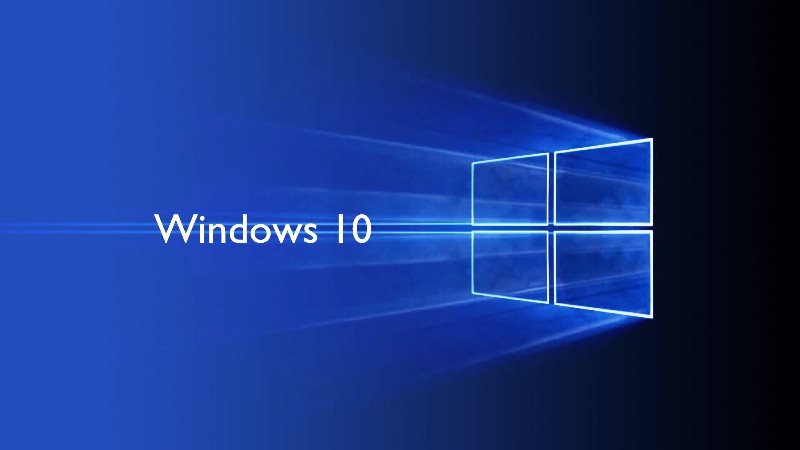Microsoft is discontinuing support for one of the world’s most prevalent operating systems as of Tuesday, a move that will leave hundreds of millions of users vulnerable to cyber attacks and potential data theft.
Starting October 14, Microsoft will cease providing security and feature updates for Windows 10, despite the fact that just over 40 percent of all Windows users still operate on this software.
In the UK alone, an estimated five million individuals use laptops and PCs running Windows 10. A recent survey by the consumer group Which? indicated that a quarter of these users plan to continue using the OS beyond the support deadline.
Security experts are advising all Windows 10 users, whether they plan to upgrade or not, to perform a complete backup of their data to safeguard against potential cyber incidents or problems arising from a system upgrade.
Devices that continue to run Windows 10 after the cutoff date are also expected to suffer from reduced functionality and declining performance.
Cybersecurity advisor Matt Balderstone of IT platform CyberArk emphasized the “urgent” need to upgrade systems still running Windows 10, warning that failure to do so could lead to a repeat of devastating incidents like the WannaCry attack that crippled the NHS.
“Once Windows 10 reaches end-of-life, the absence of security updates will leave millions of machines exposed to future vulnerabilities that will never be patched, creating the prime conditions for attackers to exploit legacy systems,” he told The Independent. “In an era of unprecedented cyber risk, with new cyberattacks targeting businesses every day, one Windows 10 machine is now too many.”
Users with eligible devices can upgrade to Windows 11 free of charge or enroll in Microsoft’s Extended Security Updates (ESU) program.
Experts warn that anyone who has not upgraded by the October 14 deadline or enrolled in ESU should be particularly cautious of suspicious phone calls, emails, and pop-up messages.
“End of support is not the end of the world, but it is the end of free safety nets,” noted Luis Corrons, a security expert at cyber defence firm Avast. “Attackers know that, which is why unpatched Windows and driver bugs become long-lived entry points. It is also an opportunity for scammers. People may see fake pop-ups, upgrade offers or even get phone calls pretending to be from Microsoft.”














